
The Center for Hope and Healing: #MeToo for Men - Supporting Male Survivors of Sexual Violence
Developing a team of male crisis intervention advocates who provide support to men, especially of color, who are survivors of sexual violence.
The Problem
One in every ten sexual violence survivors are men. Sixteen percent of men experience sexual abuse by the age of eighteen. One in thirty-three men experience sexual violence in their lifetime. Despite these statistics, very few sexual violence services explicitly take care of male survivors. Even fewer have programs designed specifically for men of color.
There are significant barriers to men reporting and seeking services for sexual assault:
- Men who have experienced male-on-male sexual violence, either as a child or as an adult, may fear telling their stories because of homophobia.
- Men may minimize the impact of the violence.
- Men may be reluctant to seek help and when they do, they may face disbelief and bias.
Additionally, men of color experience the overlaying/intersectional impacts of racism, sexism, and classism. These structural oppression barriers negatively affect men of color’s desire to seek services, and their ability to obtain culturally-relevant non-shaming support when they do seek help.
The Solution
The Center for Hope and Healing (CHH) currently has a long-standing, robust group of crisis intervention advocates who provide hundreds of hours a month of volunteer crisis hotline and medical advocacy services. The vast majority of these volunteers are women whom themselves, or a family member, are sexual violence survivors. This demographic creates challenges for the provision of services to an ever-increasing number of male callers seeking services from our agency.
For the past three years, CHH has been the recipient of a large grant from the Office of Violence Against Women (OVW) developing a program working with men, mostly of color to end sexual violence. In our partnerships with barbershops and community organizations, we have increased CHH’s visibility working with men who are survivors, perpetrators, and allies. Because of this increased visibility, the number of male callers to our crisis hotline has increased dramatically. In 2014, 1 in 25 callers to our hotline were men. Today that number is 1 in 8. Designing a crisis intervention program that focuses on the needs of men, especially of color, survivors of sexual violence would start to fill a gap in services in Greater Lowell Massachusetts.
Planned Use Of Funds
The funding from Shared Nation will be used toward:
- Recruiting and sustaining a volunteer pool of male crisis intervention advocates, with emphasis on recruiting men of color,
- Providing initial and ongoing training/support to male volunteers in sexual violence intervention,
- Exploring feasibility of a medical accompaniment program to support male survivors when reporting to a local hospital.
Existing relationships with barbershops, temples, churches, and community organizations will provide recruitment opportunities to be explored. Funding will be used for the development of male outreach materials. As it is unlikely that our volunteers will have prior experience working with male survivors of sexual assault, the robustness of our initial and ongoing training will be a critical component of the overall success of this program.
CHH will use Shared Nation funding to develop and deliver an initial crisis intervention training program designed to address the needs of male sexual violence survivors and the male volunteers. Additionally, a monthly drop-in supervision group for scenario-based training and hotline call debriefing will be available.
Lastly, an area to be explored as our programming for male survivors expands, is the feasibility and design of a medical accompaniment program. Very, very few men, and even fewer men of color, present at emergency rooms/health clinics for medical services as related to sexual assault. Exploring the need/usefulness of supporting male survivors in this way may be a logical next step.
Stage of Development
- Early Stage
- Established Prototype
- Scaling
- Other
Organization to Receive Funds
The Center for Hope and Healing, Inc.
Find Out More



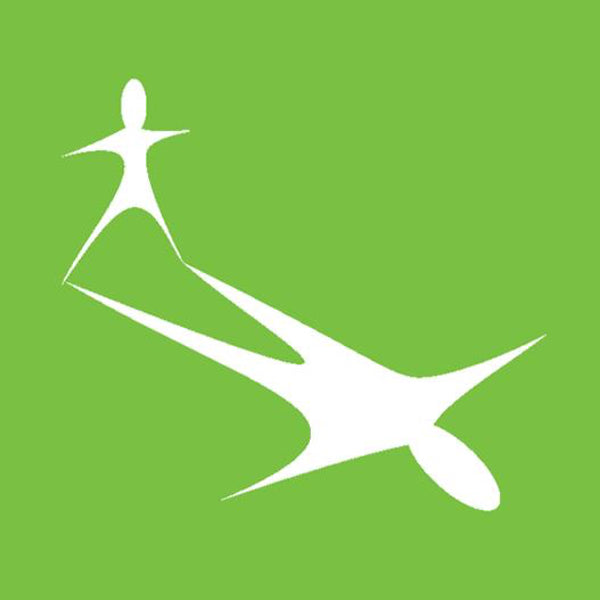
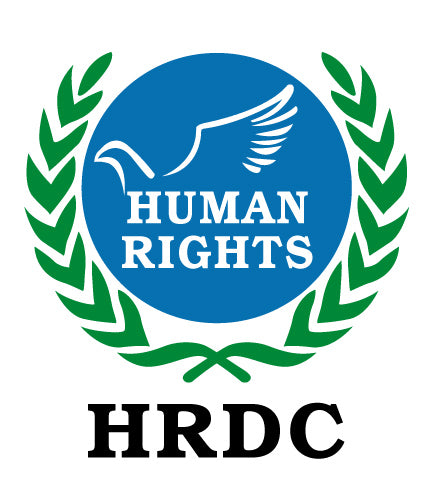
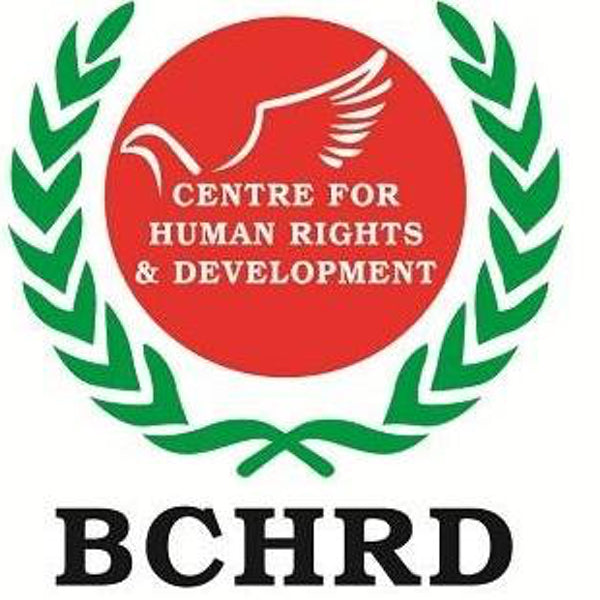
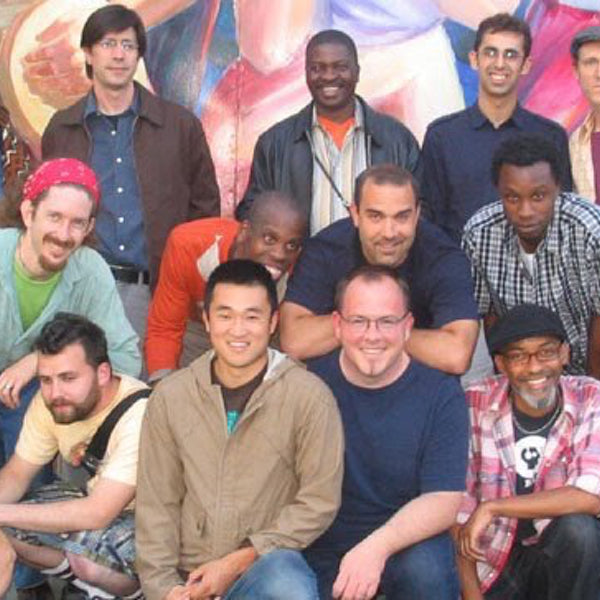
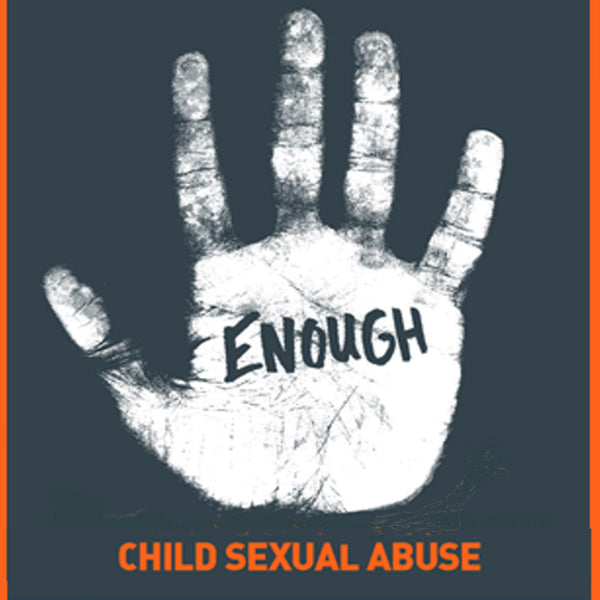

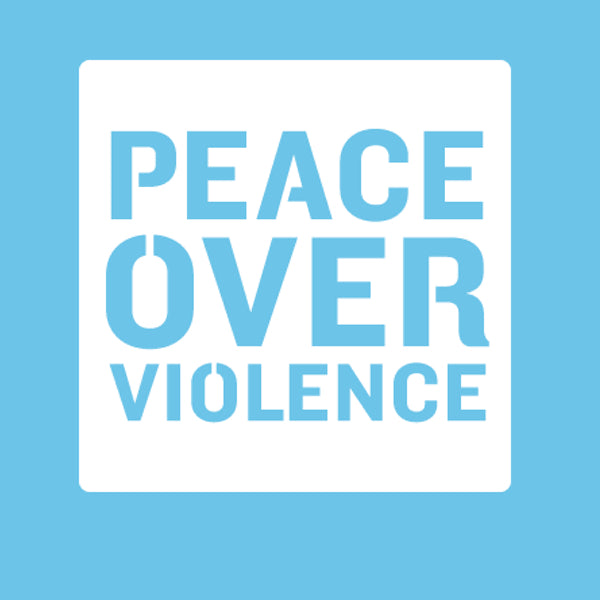
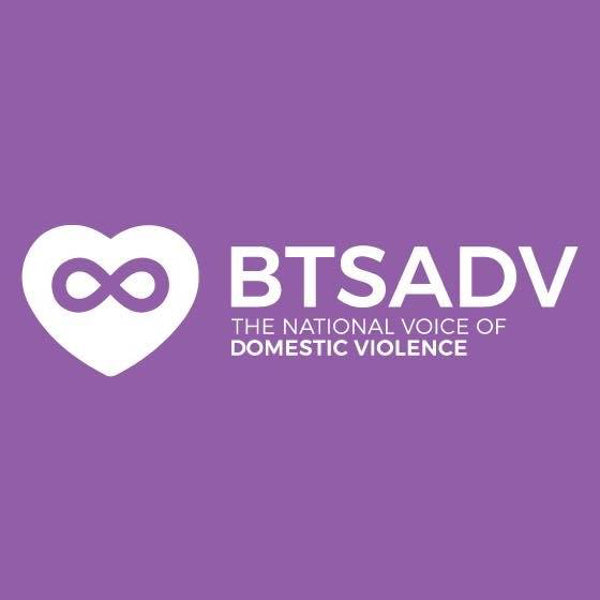
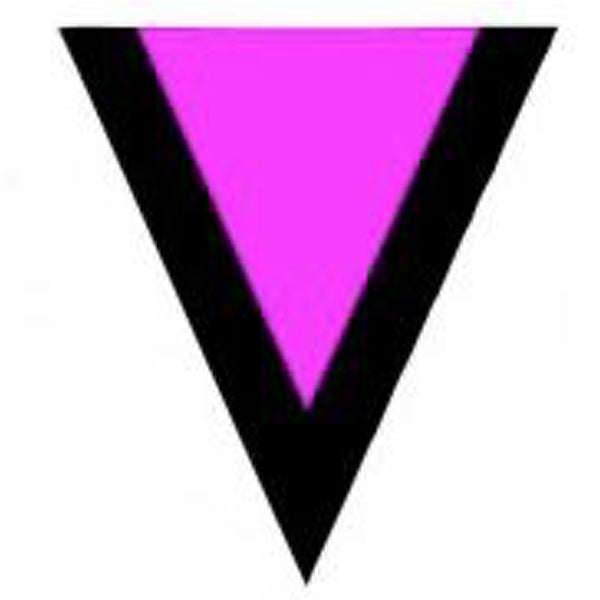
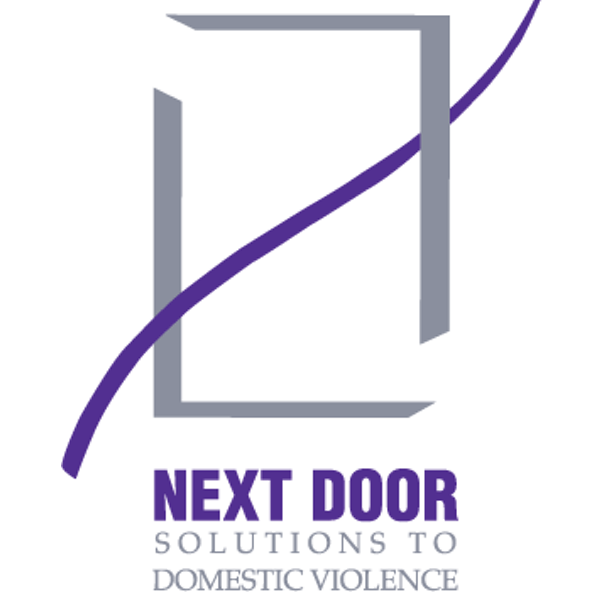

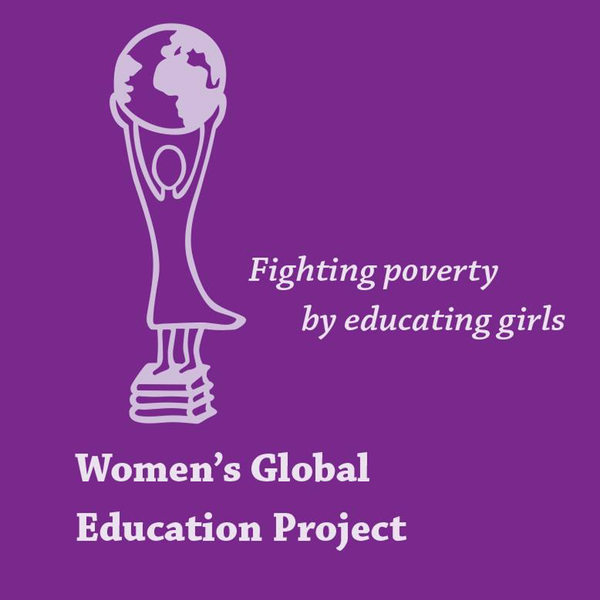

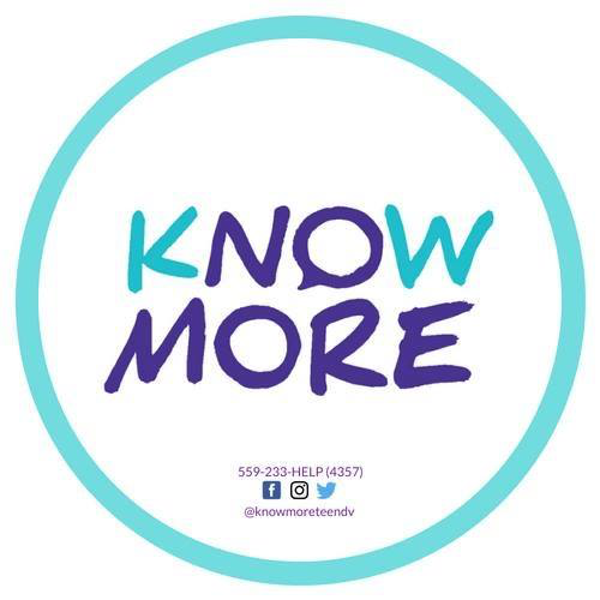


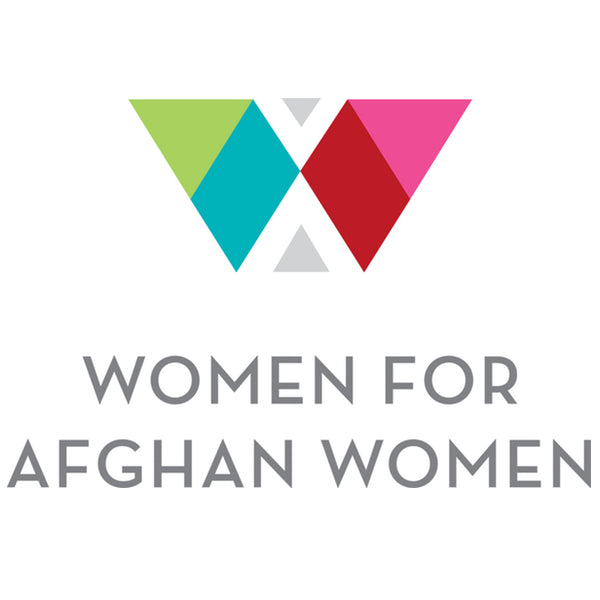
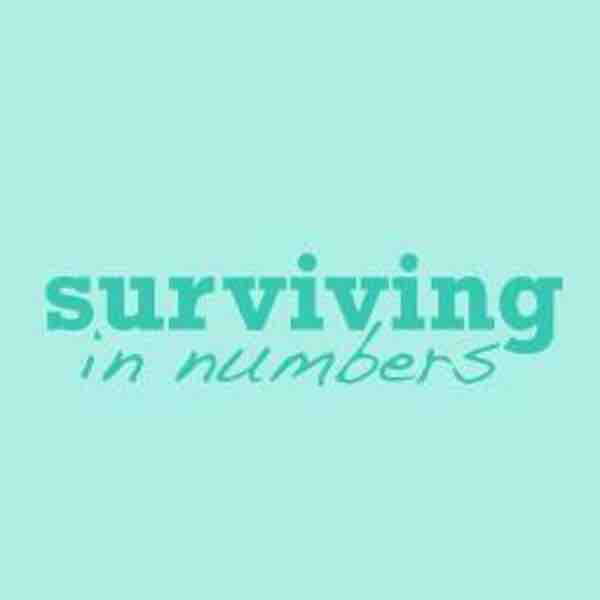
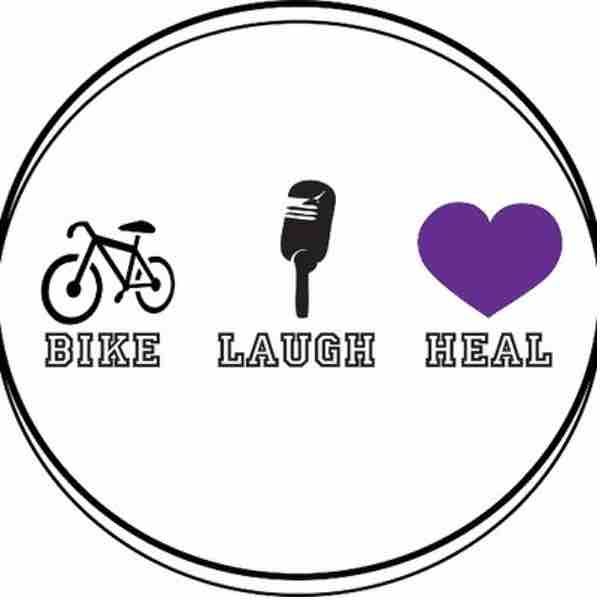

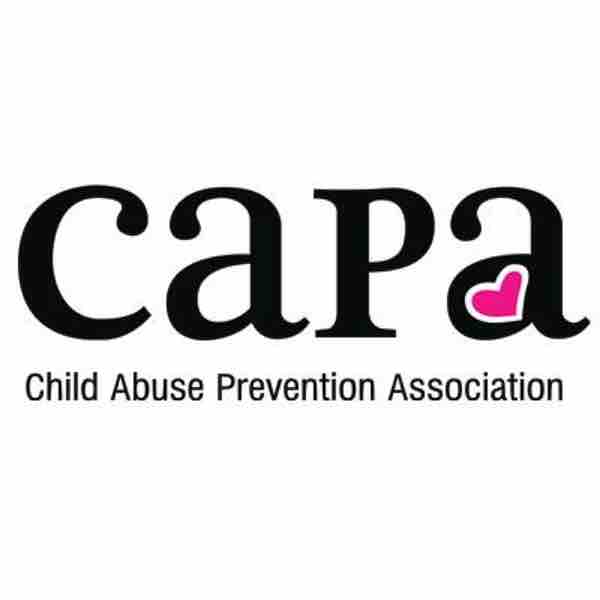

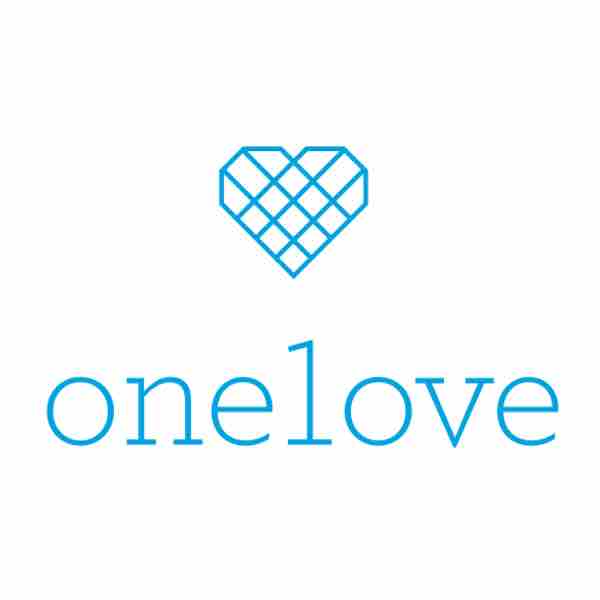
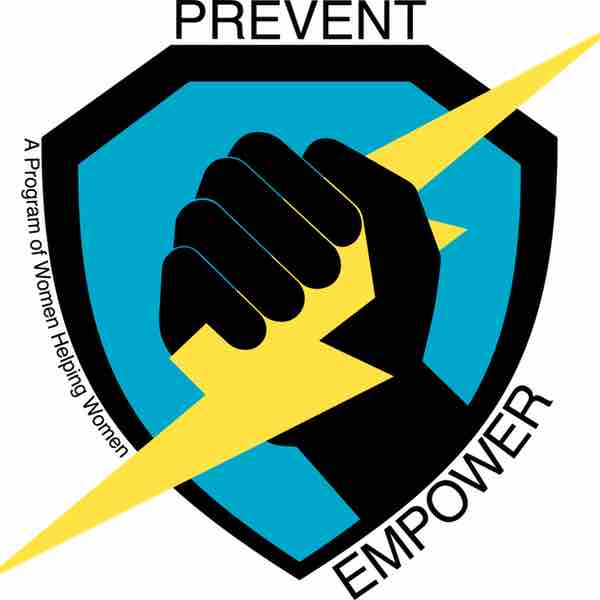
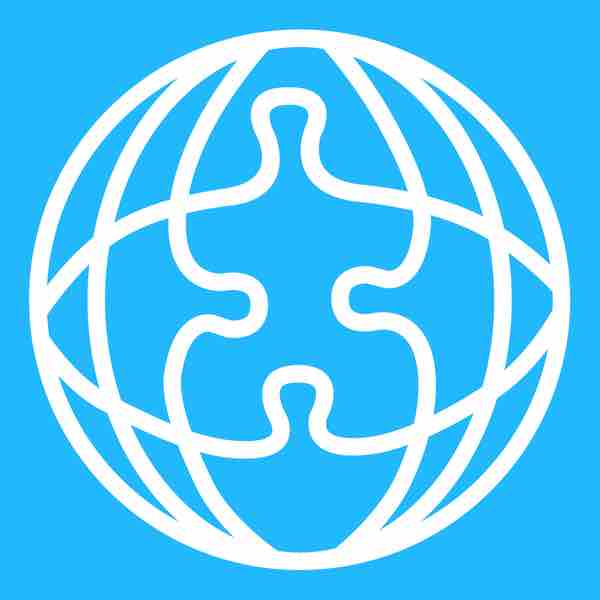

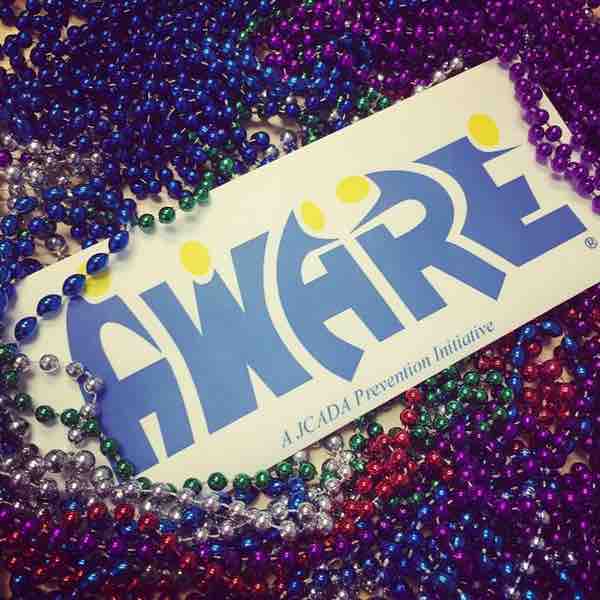
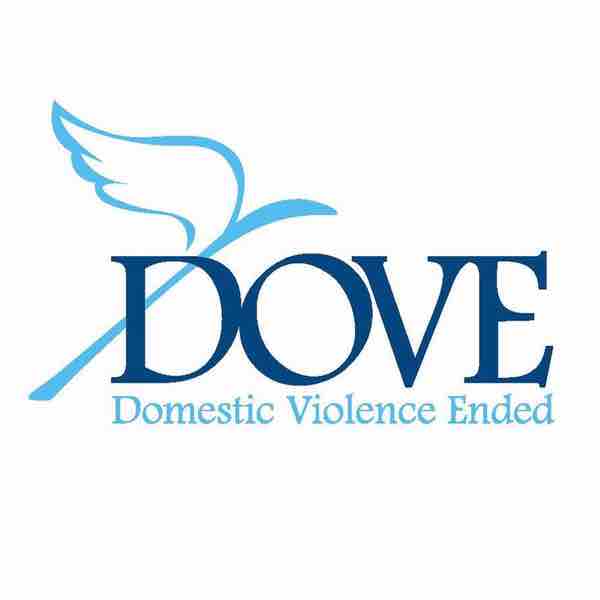
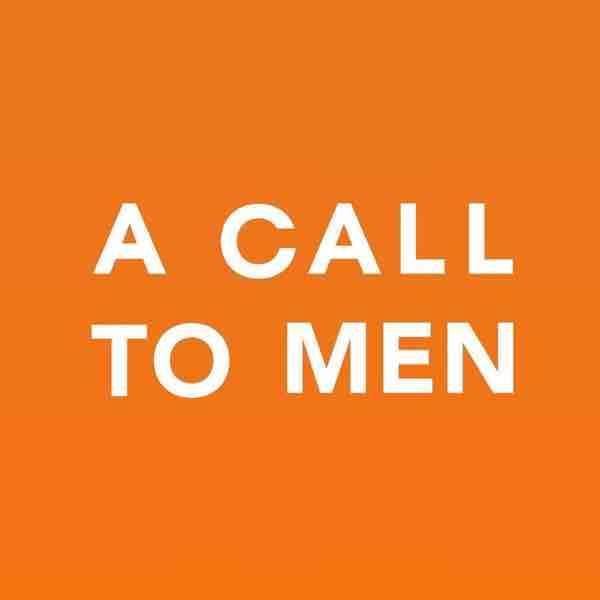
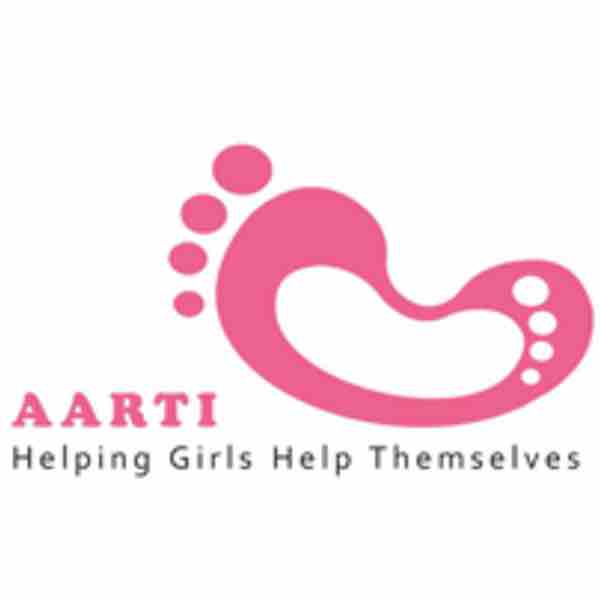
Join The Discussion